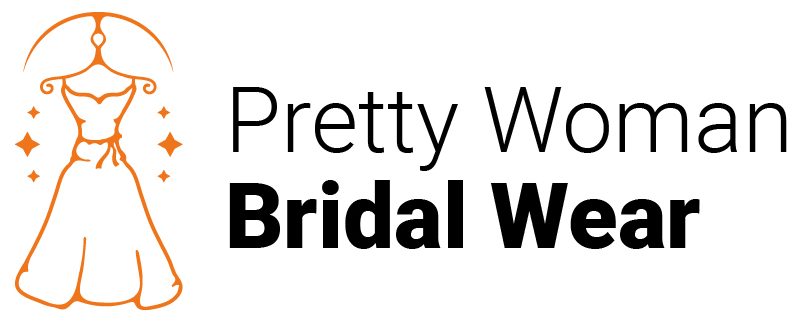A difficult, simmering, and timely issue is set to be referred before the Supreme Court on December 5, 2022: What happens when freedom of expression and civil rights come into conflict?
The court considered similar issues about four years ago in the infamous ” gay wedding cake” case, Masterpiece Cakeshop, Ltd. in v. Colorado Civil Rights Commission, in which a baker decided not to offer services to the same-sex couple due to his beliefs about religion. The justices were in his favor; however, they had a narrow view, leaving out the more fundamental constitutional questions regarding freedom of religion as well as free speech.
A new case from Colorado concerning freedom of speech and marriage equality has been brought to the courtroom: 303 Creative v. Elenis. As an instructor in the fields of law and school who is especially attentive to First Amendment issues, I consider this case to be an example of the conflict between two fundamental rights – which appear to be in constant conflict in 21st-century America.
On August. 30th, 2022, as an example, a comparable case was also decided, but this time in Kentucky. In Kentucky, a federal court of trial decided for a Louisville wedding photographer who filed a lawsuit against the town’s “Fairness Ordinance,” which does not allow discrimination based on gender identity or sexual orientation. She claimed that the law violated her religious beliefs as well as her freedom of speech, as did the courts, stating the law’s limitations, including that “the government may not force singers or writers or photographers to articulate messages they don’t support.”
Freedom to speak or remain in silence
Graphic Artist Lorie Smith serves as the creator and director of a studio named 303 Creative. As per the court papers, Smith is generally open to serving LGBTQ clients. She is planning to start designing wedding websites, but she is not willing to create them specifically for gay couples, claiming that it’s against her Christian convictions.
According to the Colorado Anti-Discrimination Act, though it’s discriminatory, it’s unlawful to deny services to someone due to “disability, race, creed, color, sex, sexual orientation, marital status, national origin, or ancestry.”
In 2016, Smith was a plaintiff in a lawsuit against members of Colorado’s Civil Rights Commission and Colorado’s attorney general. Smith claimed that being forced to design a gay wedding website violated the state’s First Amendment rights by requiring her to talk – what lawyers call “compelled speech.”
A constitutionally protected right of freedom to “speech” has historically been considered to encompass a range of ways in which people can express themselves, including art, writing, and even protest. However, it doesn’t just safeguard the right to protect the speech of one’s peers, but it also protects the right not to be able to speak at all in the first instance.
Through her lawyers, Smith also maintained that the requirement that she create websites would violate the First Amendment right to freedom of expression of religion.
Path to SCOTUS
A federal court of trial in Colorado denied Smith’s request to stop the anti-discrimination law in 2019. In her appeal, the circuit court accepted the ruling of the previous court: She could not deny the possibility of creating websites for weddings that are gay or lesbian even though it was against her beliefs.
Protection of different viewpoints can be “a good in and of itself,” the court wrote; however, combating prejudice “is, like individual autonomy, ‘essential’ to our democratic ideals.”
In an extensive opinion, the chief judge focused on Smith’s claim of forced speech and criticized the court for adopting “the remarkable – and novel – stance that the government may force Ms. Smith to produce messages that violate her conscience.”
Smith filed an appeal with her Supreme Court, which, in February 2022, voted to hear her appeal, which was limited to the question of free speech and not the freedom to practice religion. The issue that the justices will have to decide is “whether applying a public-accommodation law to compel an artist to speak or stay silent violates the Free Speech Clause of the First Amendment.”



